12 Causes of a Car That Won’t Accelerate (and How to Fix Each)
Have you ever experienced your car suddenly losing acceleration, leaving you in a dangerous situation on the highway? You’re not alone.
In this article, we’ll explore the common causes of this issue and help you understand what’s happening under the hood so you can get your car back up to speed.
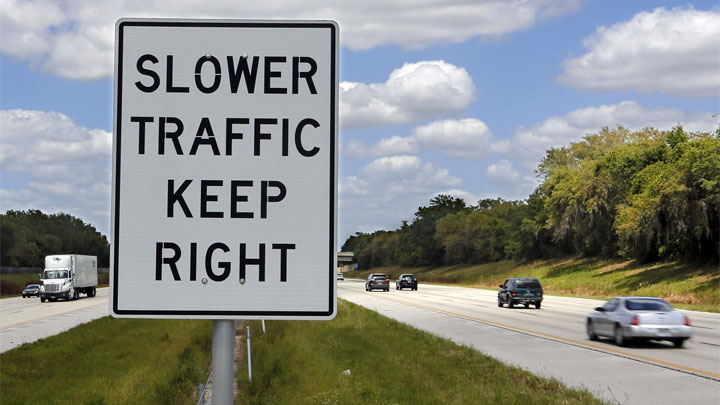
Reasons Your Car Won’t Accelerate When You Push the Gas
Acceleration problems are a common occurrence in high mileage vehicles. But typically, there are no serious or immediate concerns regarding major engine problems. As with any car problem, potential causes that are minor should be checked first in order to locate the issue and possibly fix it as well.
Below are some of the most common culprits to a lack of acceleration. The reasons are many so if you’re not completely comfortable troubleshooting a car that won’t accelerate, we recommend you take your vehicle to a reliable mechanic and let him properly diagnose the issue.
Read Also: Symptoms of a Faulty Transmission Speed Sensor
#1 – Mass Air Flow Sensor Clogged or Malfunctioned
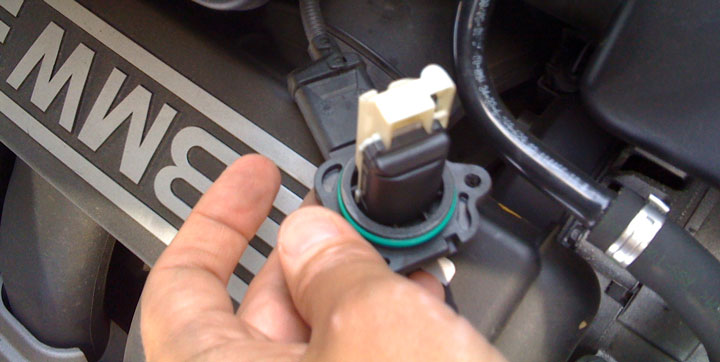
The mass air flow sensor (or meter) is located and attached to the inlet air cleaner. Since the function of the air flow sensor is to measure air mass that is flowing into air intake, a clogged or bad mass air flow sensor could send the wrong data to the engine ECU for calculating the air fuel mixture.
A very common symptom of an air flow meter malfunction is car that struggles to pick up speed.
How to Fix: Clean or replace the MAF sensor.
#2 – Oxygen Sensor Malfunction
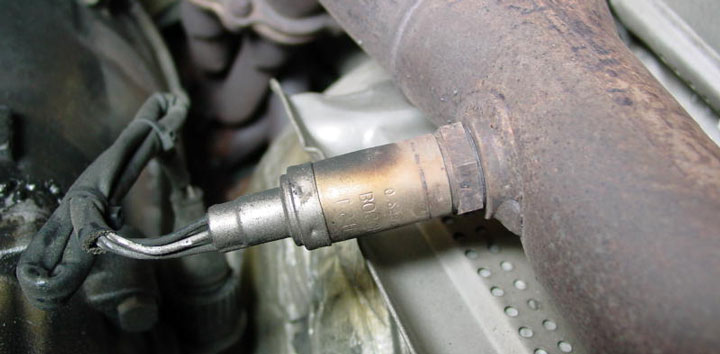
An oxygen sensor (aka O2 sensor) is device whose function is to monitor the exhaust emissions of the vehicle so that it can analyze the air-fuel ratio going through the engine of that vehicle.
To make a long story short, a car needs a proper amount of fuel in order for the fuel to burn properly in the combustion cylinders so that it may run smoothly and may accelerate as required.
This sensor sends the information about the amount of fuel being used to the computer unit of the engine and if this sensor get damaged, then the engine of that vehicle will have no idea what ratio of air-fuel mixture to use which may result in a fuel rich mixture.
This can cause the slow acceleration of the vehicle even with the accelerator pedal completely pressed making it unreliable when it’s needed.
How to Fix: Using an automotive scan tool, determine which sensor is malfunctioning. Replace the O2 sensor.
#3 – Malfunction of TPS
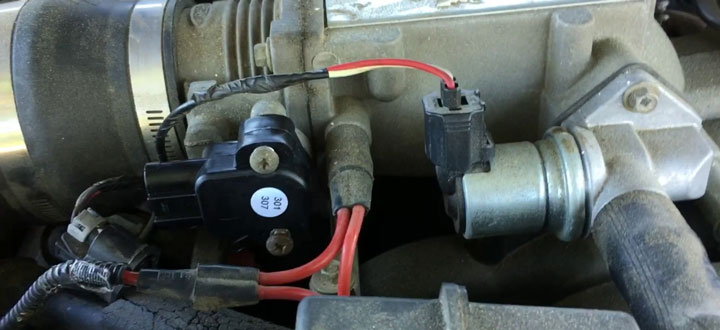
The basic principle of the throttle position sensor (TPS) is to detect the throttle valve opening angle which is controlled by accelerator pedal. Then the TPS will send this data to the ECU.
If the TPS malfunctions, the engine speed cannot be controlled by the accelerator pedal and engine speed will increase or decrease without any press or depress the pedal.
How to Fix: Replace the throttle position sensor.
#4 – Dirty or Clogged Fuel Filter
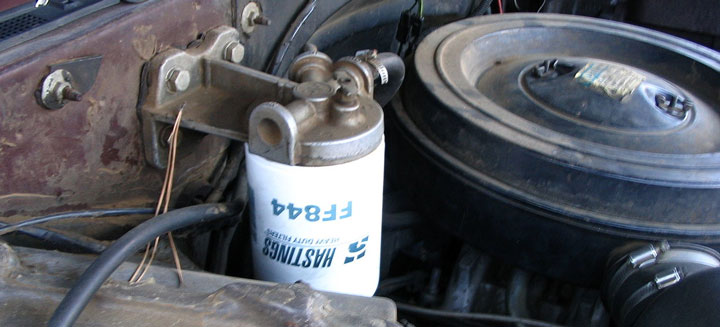
A dirty or clogged fuel filter is another reason for a car not accelerating like it’s supposed to when required to do so.
With a dirty fuel filter, the engine won’t be getting enough fuel which means that the vehicle won’t be giving the acceleration performance that it should. Replace the fuel filter as soon as possible.
How to Fix: Replace the fuel filter.
#5 – Clogged or Dirty Air Filters
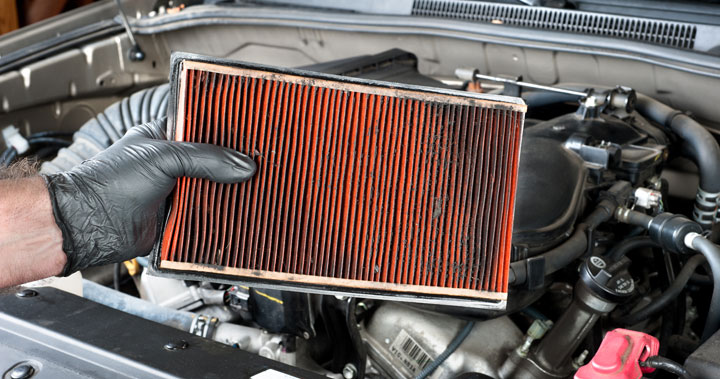
Just like a fuel filter provides the engine with the clean fuel, an air filter provides the engine of a vehicle with clean air to be used in the air-fuel mixture which will be sent to the combustion chambers to burn.
If an air filter is clogged, then the engine won’t get the right air-fuel mixture resulting in slow acceleration. Replace the air filter as soon as possible.
How to Fix: Replace the air filter. If you have a reusable air filter like K&N, follow the directions on cleaning it.
#6 – Bad Fuel Injector
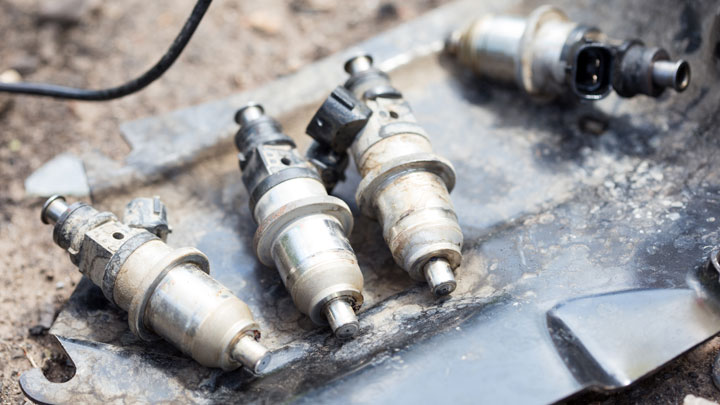
Fuel injectors are responsible for delivering fuel to the engine, and if they’re not functioning properly, your car will likely not be able to accelerate properly.
A dirty, clogged, damaged, or faulty fuel injector may restrict the flow of fuel to the engine, which can result in poor acceleration, hesitation, or even stalling.
How to Fix: Use a diagnostic scan tool to read error codes from the car’s computer. If the error code indicates a problem with the fuel injector, you can try cleaning it with a fuel injector cleaner. If cleaning doesn’t work, replace the fuel injector.
#7 – Limp Mode
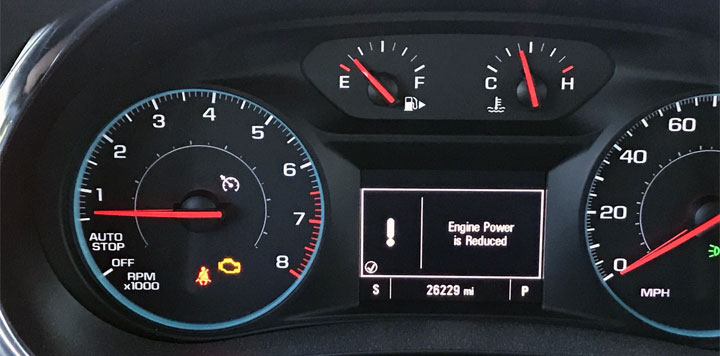
Limp mode is a safety feature that is designed to protect your engine from damage. If your car’s computer detects a problem with the engine, it may put the car into limp mode, which limits the engine’s power and speed.
This undoubtedly will cause your car to have acceleration issues, and may also be accompanied by a flashing check engine light.
How to Fix: Using an OBD2 scanner, scan the car’s computer for fault codes to determine what exactly is causing the vehicle to go into limp mode.
#8 – Faulty Fuel Pump
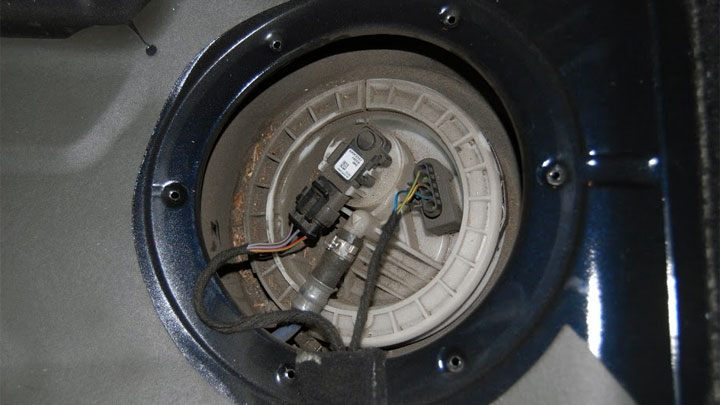
The fuel pump is responsible for delivering fuel from the gas tank to the engine. If it’s not functioning properly, it can cause a lack of fuel pressure, which can lead to poor acceleration. Symptoms of a bad fuel pump include sputtering or stalling while driving, difficulty starting the engine, and a decrease in fuel efficiency.
How to Fix: Replace the fuel pump.
#9 – Timing Belt
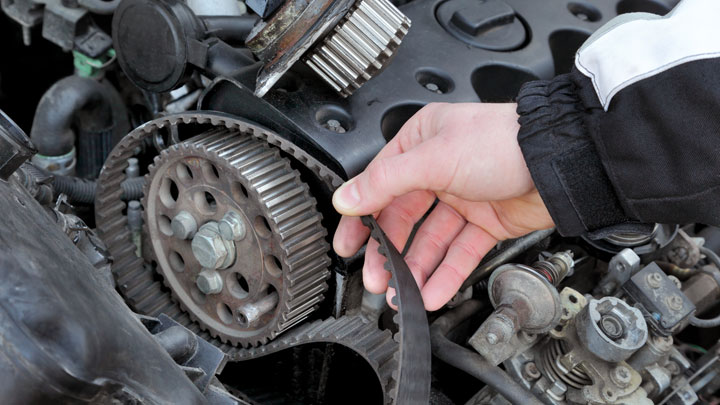
This component is as it sounds. The timing belt is something like a VIP in the list key of components of an engine. If this belt is off even by 1 tooth, it may cause some pretty notable acceleration problems.
How to Fix: Replace the timing belt.
#10 – Slipping Clutch
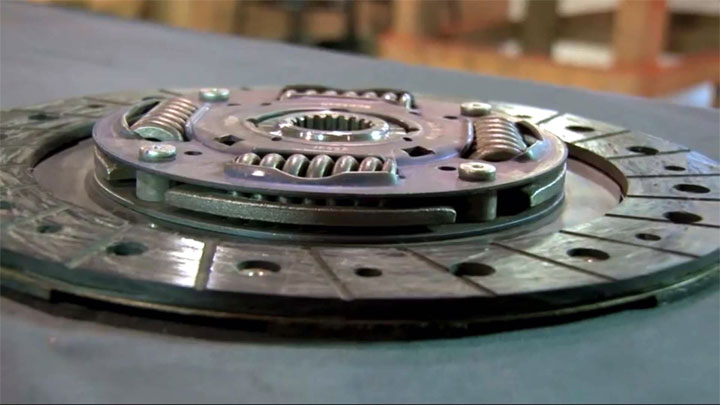
If you have a manual transmission, a slipping clutch can cause acceleration problems. This happens when the clutch disc fails to engage properly with the flywheel, causing what feels like your car has lost power while driving. It’s similar to a person trying to run on ice.
Signs of a slipping clutch include a burning smell, difficulty shifting gears, and poor acceleration.
How to Fix: Replace the clutch.
#11 – ECU
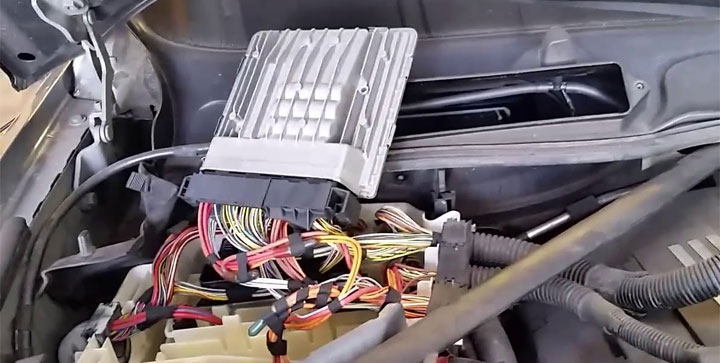
The ECU, or engine control unit, is responsible for regulating the performance of your car’s engine. If it’s malfunctioning in some way, it could be causing your car to have trouble accelerating. A faulty ECU can cause a variety of other issues, including misfires and poor fuel economy.
How to Fix: Repair or replace the ECU.
#12 – Clogged Exhaust
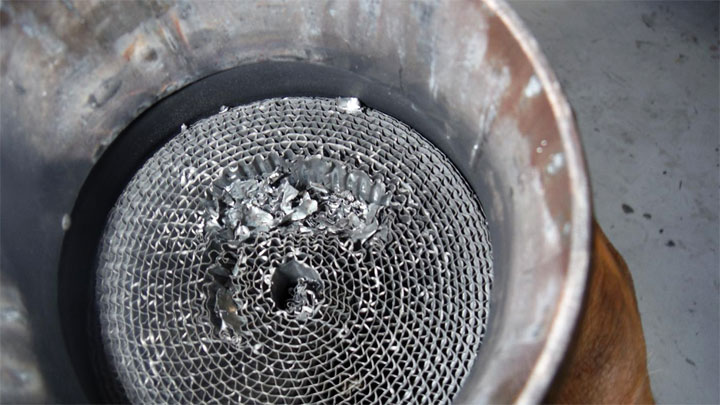
Two major components of your car’s exhaust system are your catalytic converter and muffler. If either one of these becomes clogged or damaged, this can restrict exhaust flow and lead to a reduction in engine power and acceleration.
This is especially the case with turbocharged vehicles which require proper exhaust flow to work as intended.
How to Fix: Check all components of the exhaust system to look for clogged or damaged parts. Replace if necessary.
Checking for Trouble Codes
If your car won’t accelerate, one of the first things you should look for is the Check Engine light. This light will come on if there is a problem with your car’s engine or emissions system. It’s worth mentioning that the Check Engine light does not always mean that there’s a major problem. Sometimes, it can be a minor issue that can be easily fixed.
To check for trouble codes, you will need an OBD2 scanner. This is a device that plugs into your car’s OBD2 port and reads the codes stored in your car’s computer. Once you’ve connected the scanner, you can retrieve the trouble codes and get a better idea of what is causing your car to not accelerate properly.
Once you see what trouble codes have been stored, you can use them for diagnosis. These codes will give you a better idea of what is causing your car to not accelerate properly.
But the fact is that trouble codes don’t always pinpoint the exact problem. In some cases, the codes may be related to a minor issue that can be easily fixed. In other cases, the codes may indicate a major problem that requires immediate attention.
If you’re unsure what the codes mean, have a mechanic diagnose further – don’t rely on the codes alone.
Acceleration Problems’ Impact on Fuel Economy
When your car won’t accelerate properly, it can have a significant impact on your fuel economy. Poor fuel economy is a common symptom of a car that won’t accelerate as it should.
You may think that if your car is accelerating poorly, it’s using less gas so your fuel economy should be better. But the opposite can actually happen!
If your car is struggling to accelerate, it means that your engine is working harder than it should, which can lead to increased fuel consumption.
- Replace the Engine or Replace the Car? (11 Factors to Consider) - Apr 11, 2024
- Plastic Piece Dragging Under Your Car? (What It Is and What To Do) - Mar 21, 2024
- Timing Belt vs Timing Chain (What’s the Difference?) - Feb 27, 2024
